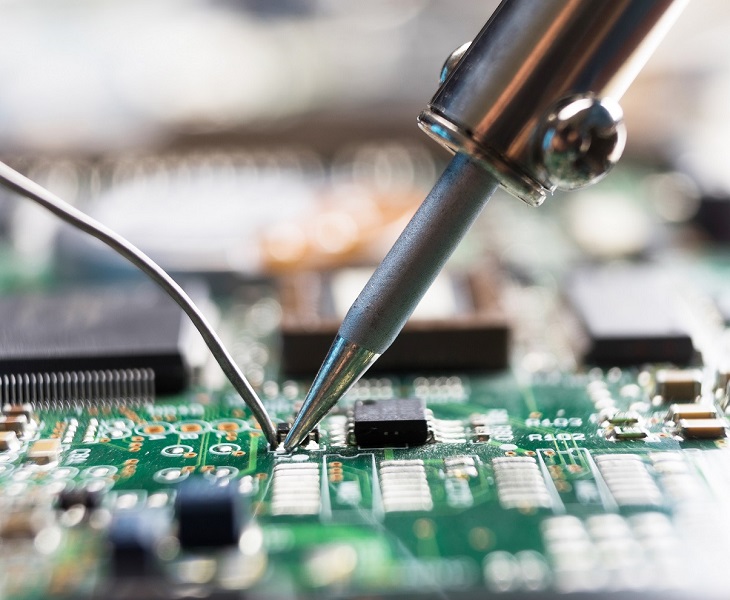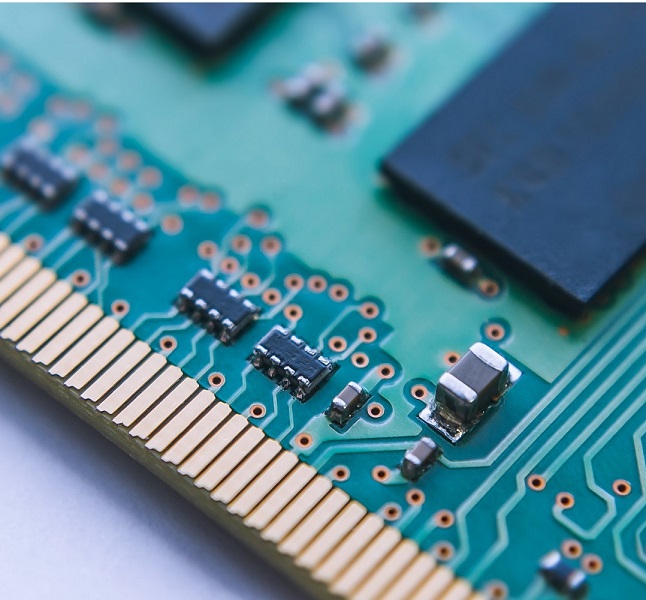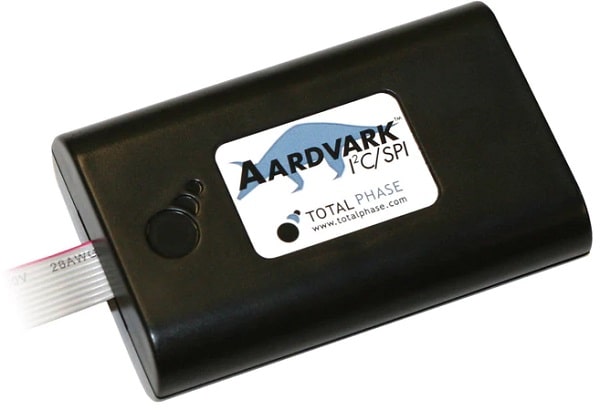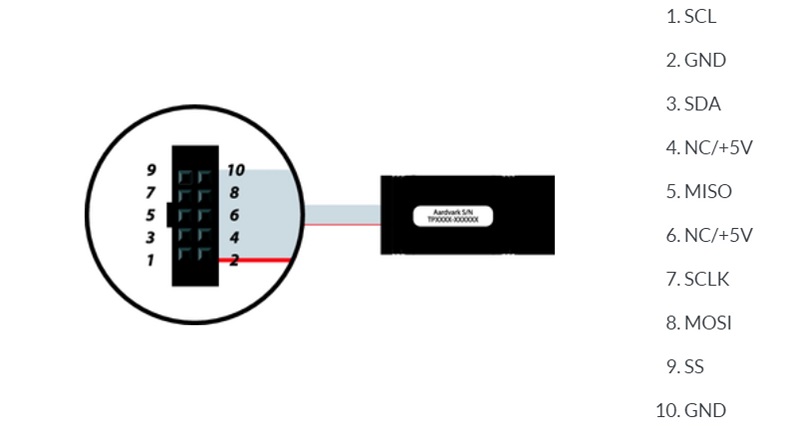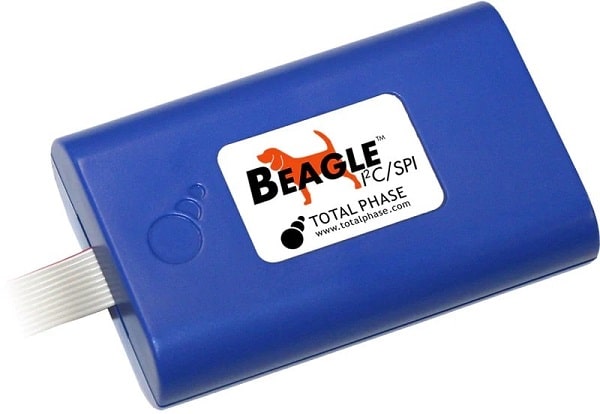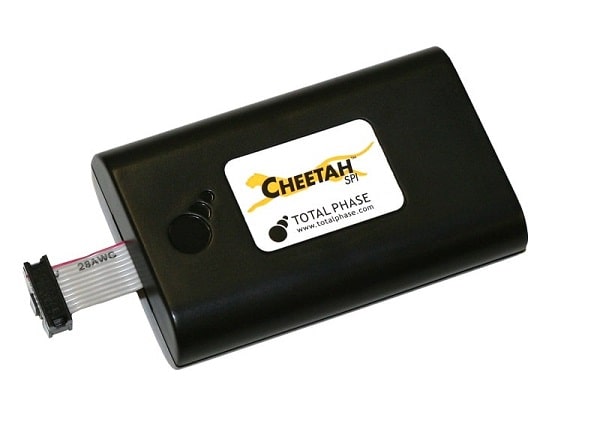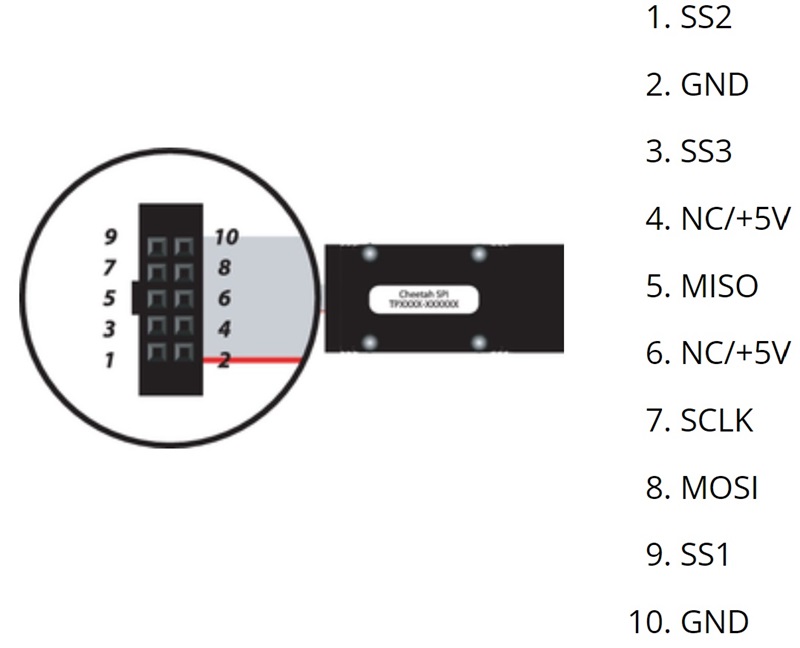
The SPI bus in the automotive sector
What is SPI?
The Serial Peripheral Interface (SPI) is a serial bus that was developed for master-slave operation between microprocessors and Motorola components. The synchronously working SPI bus is comparable to the I2C bus from Philips and Microwire from National Semiconductor, but it is faster than the I2C bus and is particularly suitable for applications with irregular access, for example for communication between microprocessors and chips for the signal processing.
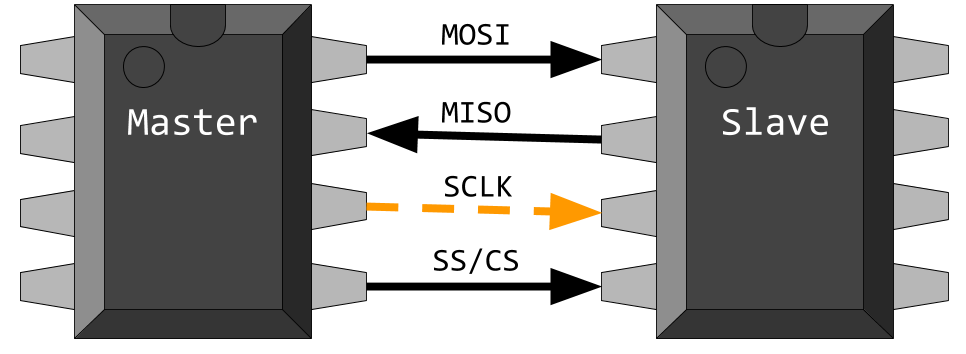
Where is SPI used?
Where is SPI used?
SPI is mainly used within the device for communication between different circuit parts, e.g. B. between a controller and peripheral ICs. An example of this is a temperature sensor, microcontroller and EEPROM. The microcontroller reads out the sensor and saves the data on the EEPROM. The complete data exchange takes place via SPI. The advantage of SPI with regard to the alternative I2C is the much higher data speed.
What is the problem of SPI in the automotive sector?
Because there are only two wires, the addressing and confirmation overhead is very complex to handle. The SPI bus is unsuitable for meter-long transmissions, especially in the automotive sector, where there are also many interfering influences in the signal transmission, such as the ignition or the alternator. More suitable communication protocols such as CAN or RS-485 are preferred for vehicle internal networks.
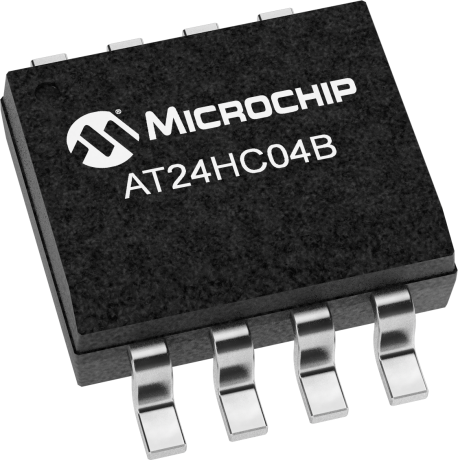
SPI ICs for the automotive sector
Since the SPI components such as EEPROMs are subject to more difficult environmental influences and have to meet high requirements, various IC manufacturers offer components specially manufactured for this purpose that have a higher temperature tolerance and are less prone to failure.
An example of a SPI IC specially manufactured for the automotive sector are the AT25080B, AT25160B, AT25320B, and AT25640B from Microchip (ATMEL), whose temperature operating range (class 1) has been extended and are particularly energy-efficient. Temperature range class 1: -40 ° C to 125 ° C.
SPI Development Tools
To test SPI devices a master is needed to query and control the slave ICs. The Aardvark I2C/SPI Host Adapter and Cheetah SPI Host Adapter is an interface that allows developers to access the SPI bus directly from their PC. The Aardvark I2C/SPI Host Adapter connects via USB and can transfer serial data streams using the I2C and SPI protocols. The Aardvark can be used to simulate, develop and test SPI system configurations. In addition, the Aardvark has a comprehensive programming IC library that can be used to program the appropriate IC from the developer's PC with a single click.
To identify bus or transmission errors in long transmissions as well as to detect their origin, an oscilloscope is not sufficient due to the too small memory depth. For debugging SPI a protocol analyzer is recommended. The Beagle I2C/SPI Analyzer is a high-performance monitoring solution in a compact, portable device.



